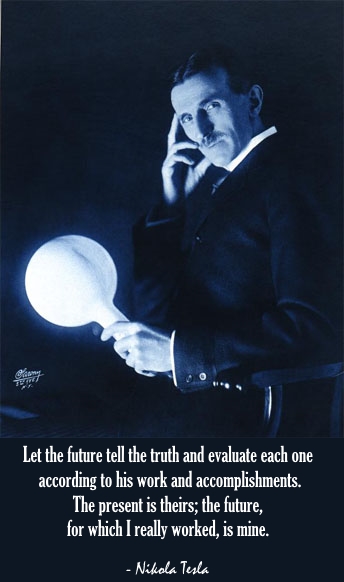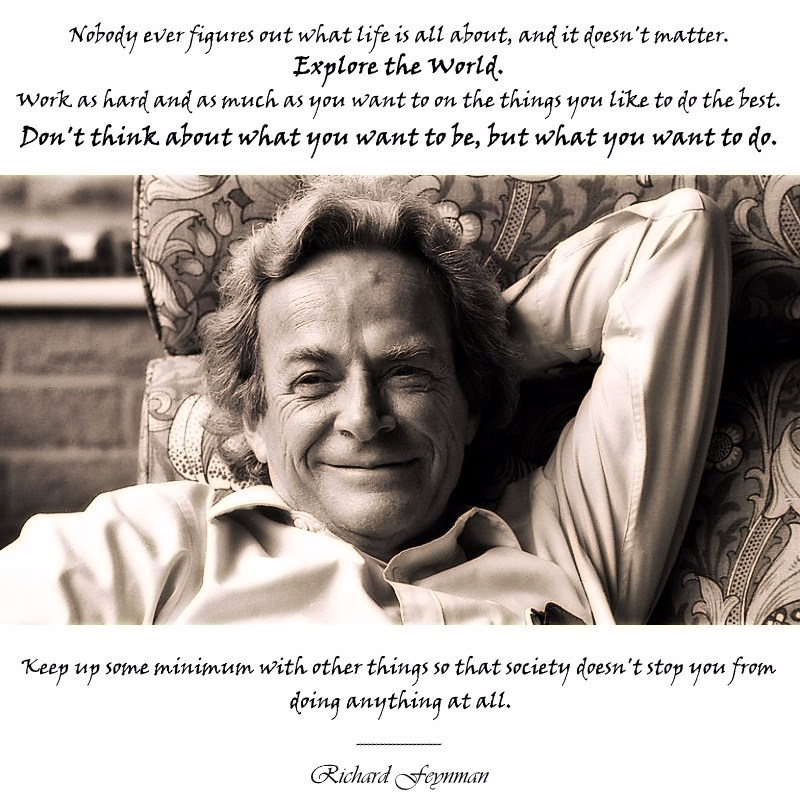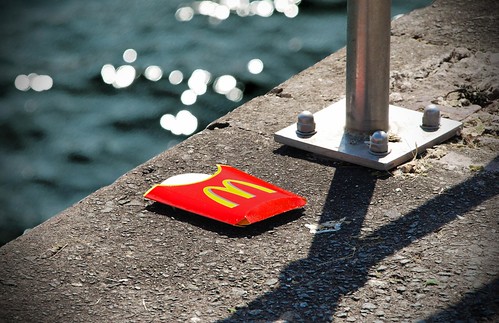 Invariably, people who have reconnected or just connected with me have gone through the Q&A with me that I used to find painful.
Invariably, people who have reconnected or just connected with me have gone through the Q&A with me that I used to find painful.
Whether I’m married (no), how many children I have (looks around), what I’ve been doing with myself (where do I even start?), what I’m doing…
These questions have never made sense to me, particularly the last two. Whether I’m married or not is no gauge of completeness or even content – I have empirical evidence on both ends of the spectrum. Whether I have children assumes that I would want to try to explain the mess of humanity to a little human without having to apologize all the time – and nevermind the biological requirement of said little human having a mother who I would have to put up with, and more importantly, she would have to put up with me… I’m sure I don’t know. Absolutely sure.
The last two, though. Now, all of these questions are related to how people view the world, their lives, and what a life is. In that, the last two are bothersome.
So here’s how I’ve come up with my new answers.
What have I been doing with myself?
How many times have I thought to say, “that’s a rather personal question… what have you been doing with yourself?”, but opted not to?
I’ve been living. I’ve been growing.
No, really, I’ve been living. I’ve been growing.
See, as a kid, when everyone was being asked what they wanted to do, and the answers ranged from policeman to fireman to doctor to lawyer… I wanted to be an oceanographer. And then life happened.
I ended up working with electrical motors, then offset printing, then computer programming, then software engineering (there is a difference, kids)… In college, I started as a EET, then went to CIS, then dropped out. then I joined the Navy as a Sonar Technician, switched over to Naval Nuclear Propulsion, then switched again to Hospital Corpsman.
Then life happened again; I worked at a blood bank where I trained phlebotomists and made custom furniture for mobile blood drives – then went to Honeywell, where I got to play with Inertial Navigation and GPS stuff, then went to…. well, I did a lot of things. And then somewhere along the way, someone started paying me to write, and I picked up photography and people paid me for that, too. Then I inherited some land, and I applied a lot of what I know about learning to learn more about agriculture, land management, and generally, how to get results without confrontation.
Just a few days ago, a lawyer sat across from me and said, “You don’t need me, you do all of this stuff by yourself.” No, no, of course I need her. I just think her talents are wasted on the mundane things I can solve myself by simply not being a jerk and working with people. It’s a novel concept that most religions were centered around at some point – we see how that went. But I digress.
And all this time I’ve been reading, thinking, exploring the world as much as I can in all ways that I can – not just physically. So what have I been doing?
The answer is looking for something. It’s looking for some sort of answer to gauge where I am in society. Am I someone who wields influence? No, not really, I wouldn’t like to think so. Am I rich? No, my bank account is something that I have a detached relationship with. What sort of car do I drive? How big is my house? How much tax do I pay?
So yeah, I’ve been living and growing. I might as well tell people I’m a nomad.
“I’ve been nomadic.” Leave that right there. Give them the hand wave with it and look at them as if they should know what that means. It should be fun.
And…
What am I doing?
Well, to be honest, I’m not quite sure what I’m doing. No one wants to hear that. The truth is that no one knows what they are doing. We’re all winging it. Some are on the beaten paths, though, so that’s what’s really being asked: “Which beaten path are you on?”
Well, I’m not. Truth be told, I never really have been – a few times I tried them, but they just didn’t suit me. They smell wrong, they make the hairs on the back of my neck stand on end, and the authoritarianism within them fills me with dread. Beaten paths are boring, too.
Meanwhile, I’m the sort of person who just pops up out of the brush now and then to see where everyone is.
Clearly I need a better answer than that. Clearly people want me to impress them somehow, tell them how awesome what I’m doing is, but they won’t see the value in not knowing and figuring it out as I go along.
One of my initial thoughts to answer this question was, “Avoiding answering this question”, but that just seems a bit too… jerkish.
I don’t have an answer to this other than moving stones, and I think that’s the answer I’ll go with.


 Until the last decade or so,
Until the last decade or so, 



